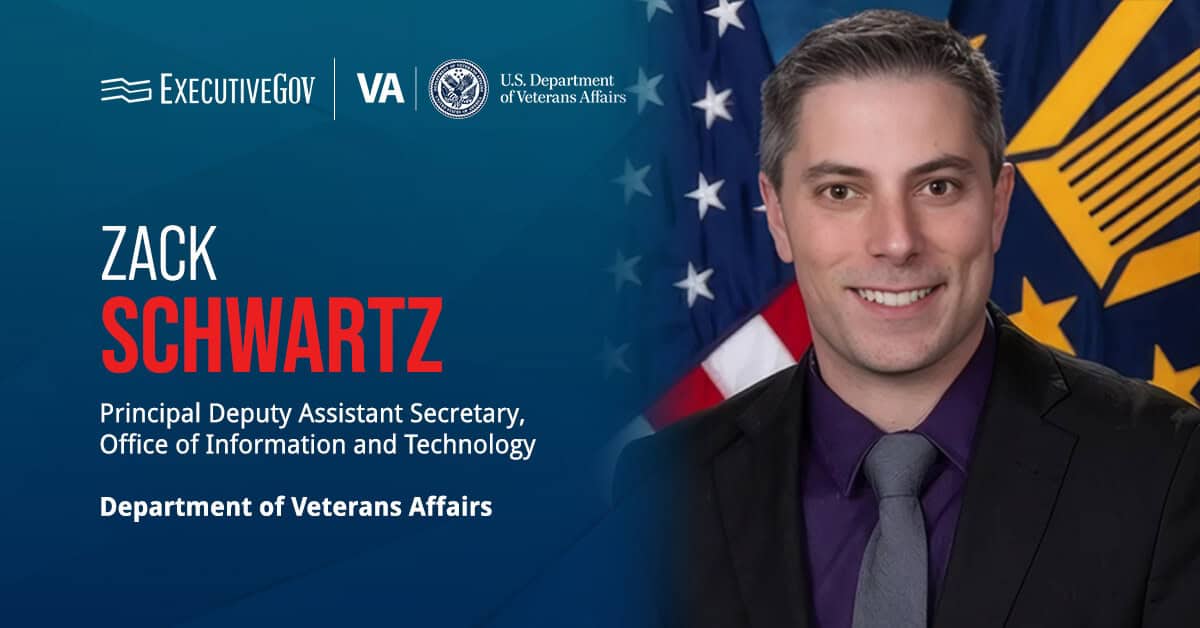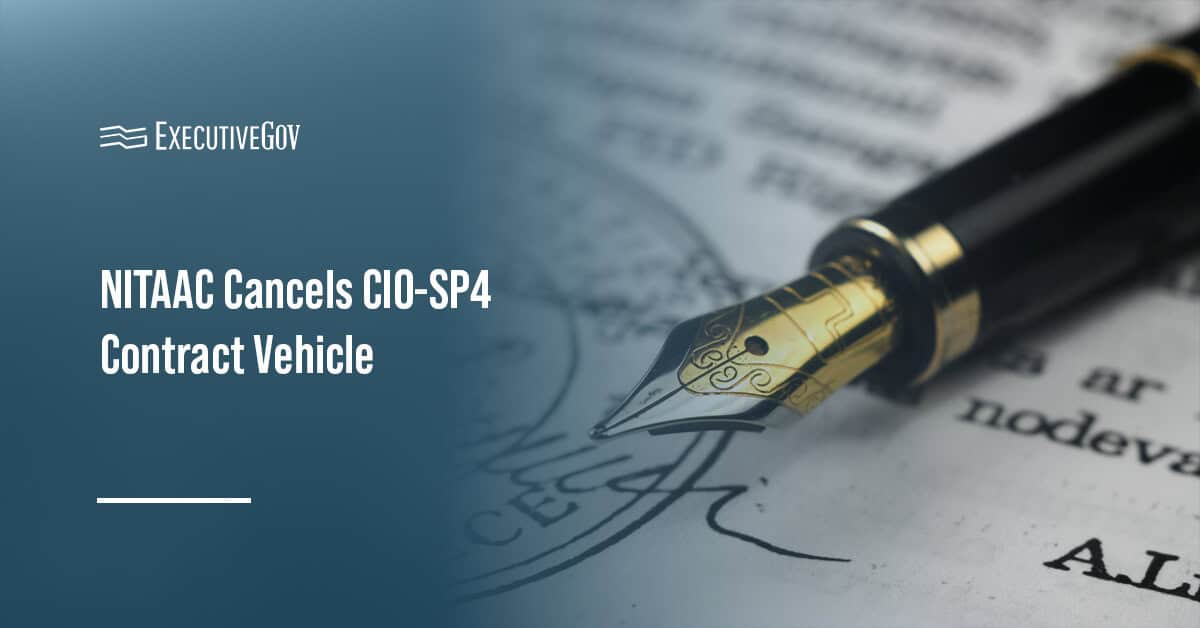The Pandemic Response Accountability Committee (PRAC) has launched a tool designed to help the federal government track expenses related to COVID-19 relief efforts. The Track the Money tool features a dataset that allows users to analyze COVID-19 response contracts for services such as janitorial work and deliveries of personal protective equipment, PRAC said Tuesday.
PRAC seeks for the public to submit insights based on the dataset and in turn help the government manage the $2.4 trillion investment in COVID-19 response. The committee also provides the public with a map that presents data on expenses per state and local county.
The federal government created PRAC to oversee the spending of funds provided by the Coronavirus Aid, Relief and Economic Security (CARES) Act.





